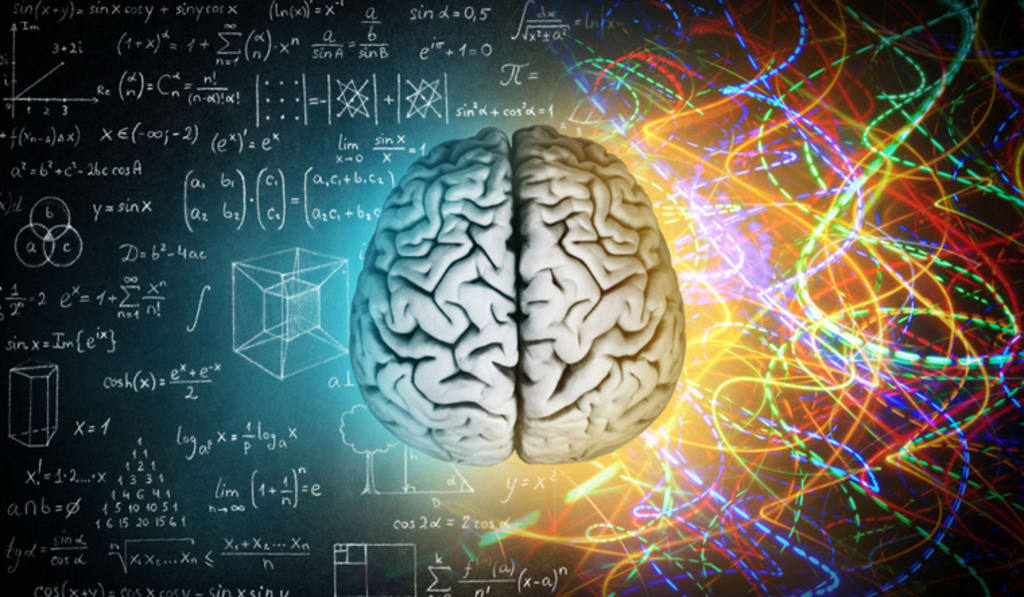Brain
The Human Brain: Unraveling the Mystery of Our Most Complex Organ

The human brain is one of the most complex and mysterious organs in the human body. It is the control center of the nervous system, enabling us to think, feel, remember, learn and understand. It is responsible for the coordination and control of all the bodily functions, from breathing and muscle movement to regulating hormones and emotions. It is also the seat of our consciousness and is what makes us unique individuals.
The brain is composed of several distinct areas, each with its own set of functions. The cerebrum is the largest part of the brain and is responsible for higher functions such as language, memory, and problem-solving. The cerebellum is responsible for coordination and movement. The brain stem is responsible for basic functions such as breathing, heart rate, and blood pressure. Finally, the limbic system is responsible for emotions, motivation, and pleasure.
In order to fully understand the brain, it is important to understand the structure of the brain and how it works. The brain is composed of several layers of tissue, the outermost being the cerebral cortex. This layer is responsible for higher functions such as language, thought, and decision-making. Beneath the cortex are the basal ganglia, which are responsible for motor control and coordination. The thalamus and hypothalamus are responsible for controlling the body’s basic functions such as sleep, temperature, and blood pressure. Finally, the cerebellum is responsible for maintaining balance and coordinating movement.
The brain is composed of neurons, which are specialized cells responsible for receiving and sending signals throughout the body. A single neuron may have thousands of branches, which allow it to communicate with other neurons. This communication is accomplished through the release of chemical messengers called neurotransmitters, which carry information from one neuron to another.
The brain is also composed of several different types of cells, including glial cells, which provide support and protection, and neurons, which transmit signals. Glial cells also produce myelin, a fatty substance that helps speed up the transmission of signals. In addition, the brain contains white matter, which is composed of nerve fibers that carry signals from one area of the brain to another.
The brain is constantly changing in response to its environment. This process is called plasticity, and it allows the brain to adapt to new situations and learn new skills. This process of adaptation and learning is essential to our survival.
One of the most important aspects of the brain is its ability to generate new neurons. This process, called neurogenesis, is important for maintaining the health of the brain and for learning new information. Neurogenesis is believed to be important for the formation of new memories, as well as for the healing of damaged brain tissue.
The brain is an incredibly complex organ that is responsible for all the functions of the human body. It is composed of several distinct areas, each with its own set of functions. It is also composed of several types of cells, including neurons, which transmit signals, and glial cells, which provide support and protection. Finally, the brain is capable of neurogenesis and plasticity, allowing it to adapt to its environment and learn new skills. With all of these abilities, it is no wonder that the brain is often referred to as the most powerful organ in the body.
The brain is the control center of the body. It works by receiving and processing information from the external environment, and sending instructions to the muscles and organs of the body to carry out the necessary functions. It is made up of billions of neurons, or nerve cells, which communicate with each other via electrical and chemical signals. Neurons are specialized cells which have the ability to store and transmit electrical signals throughout the brain and body. These signals are sent from one neuron to another until they reach the target organ or muscle.
The brain is divided into various regions, each responsible for different functions. The cerebellum controls motor coordination and balance; the hippocampus is responsible for memory formation, storage, and recall; the amygdala is responsible for emotion and fear; and the prefrontal cortex is responsible for executive functioning and decision making.
The brain is also capable of undergoing plasticity, which is the ability to adapt and change in response to new experiences. Plasticity is an important part of learning and memory, and is what allows us to develop new skills and form new memories. By forming new connections between neurons, we can learn new information and store it in our memories.
The brain is also capable of self-organization, which is the ability to reorganize itself in response to changes in the environment. This is what allows us to adapt to new situations and form new habits. The brain can also form new pathways to better remember and recall information.
The brain is also capable of generating its own energy, through a process known as glucose metabolism. This is why we often feel tired after a long day, as our brain has used up much of its energy. In order to replenish this energy, we must rest and consume nutrients such as carbohydrates, proteins, and fats.
The brain is an incredibly complex organ, and its functions are still being studied and explored. It is capable of incredible feats, such as creating art, music, and literature; forming and maintaining relationships; and even understanding and predicting the behavior of others.
The brain is a fascinating organ, and its potential is limitless. By understanding its structure and function, we can begin to unlock its secrets and discover new ways to use it. Whether we are studying the brain for medical purposes, or simply to better understand ourselves and others, the study of the brain is an exciting and rewarding pursuit.






Comments
There are no comments for this story
Be the first to respond and start the conversation.